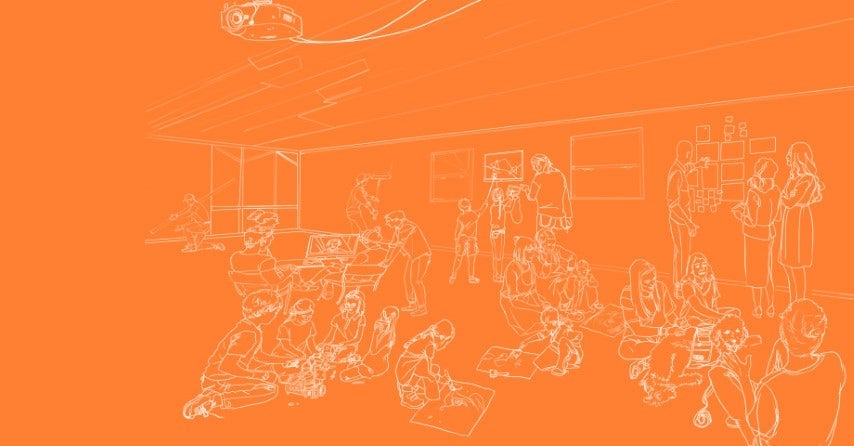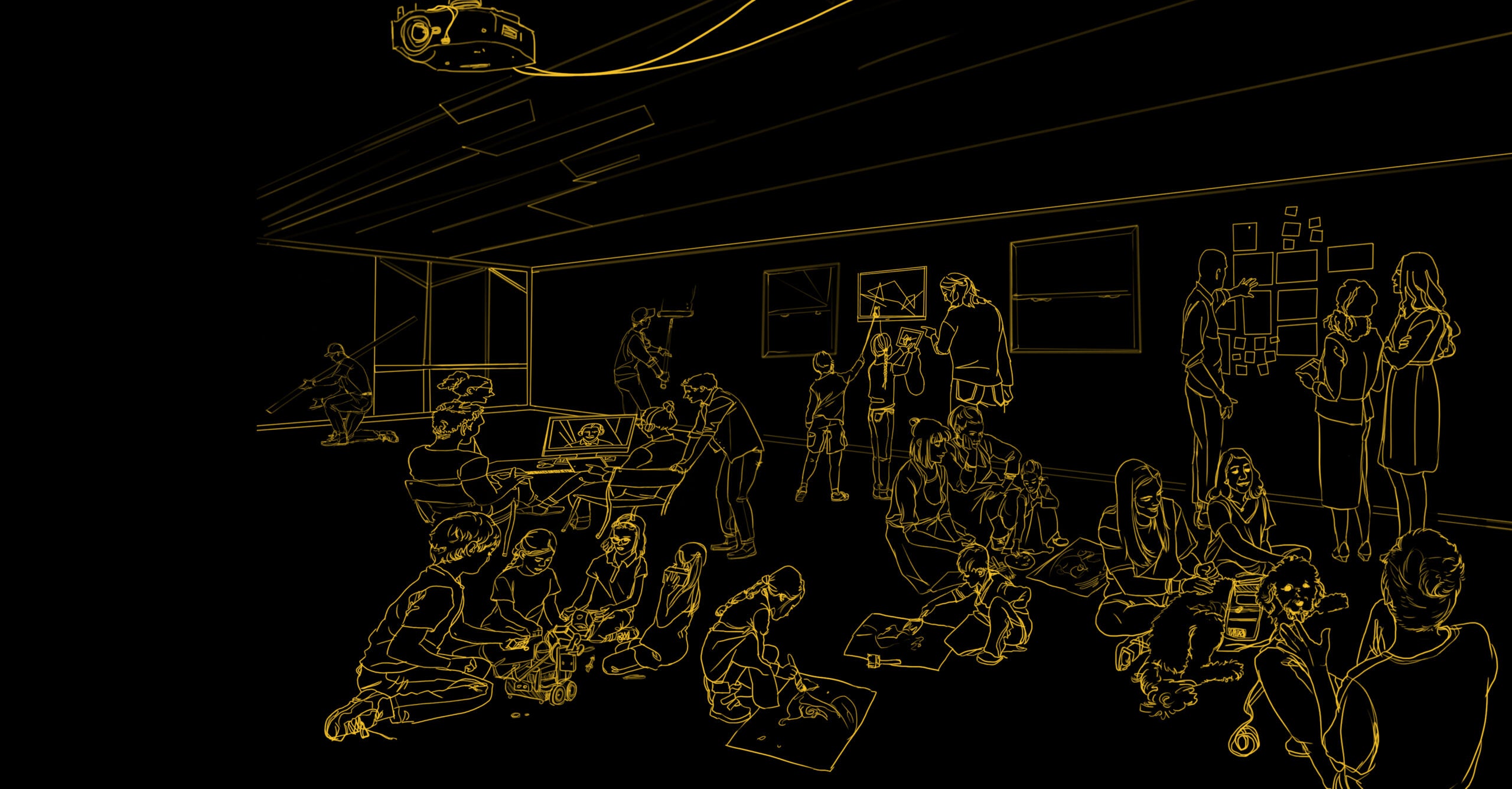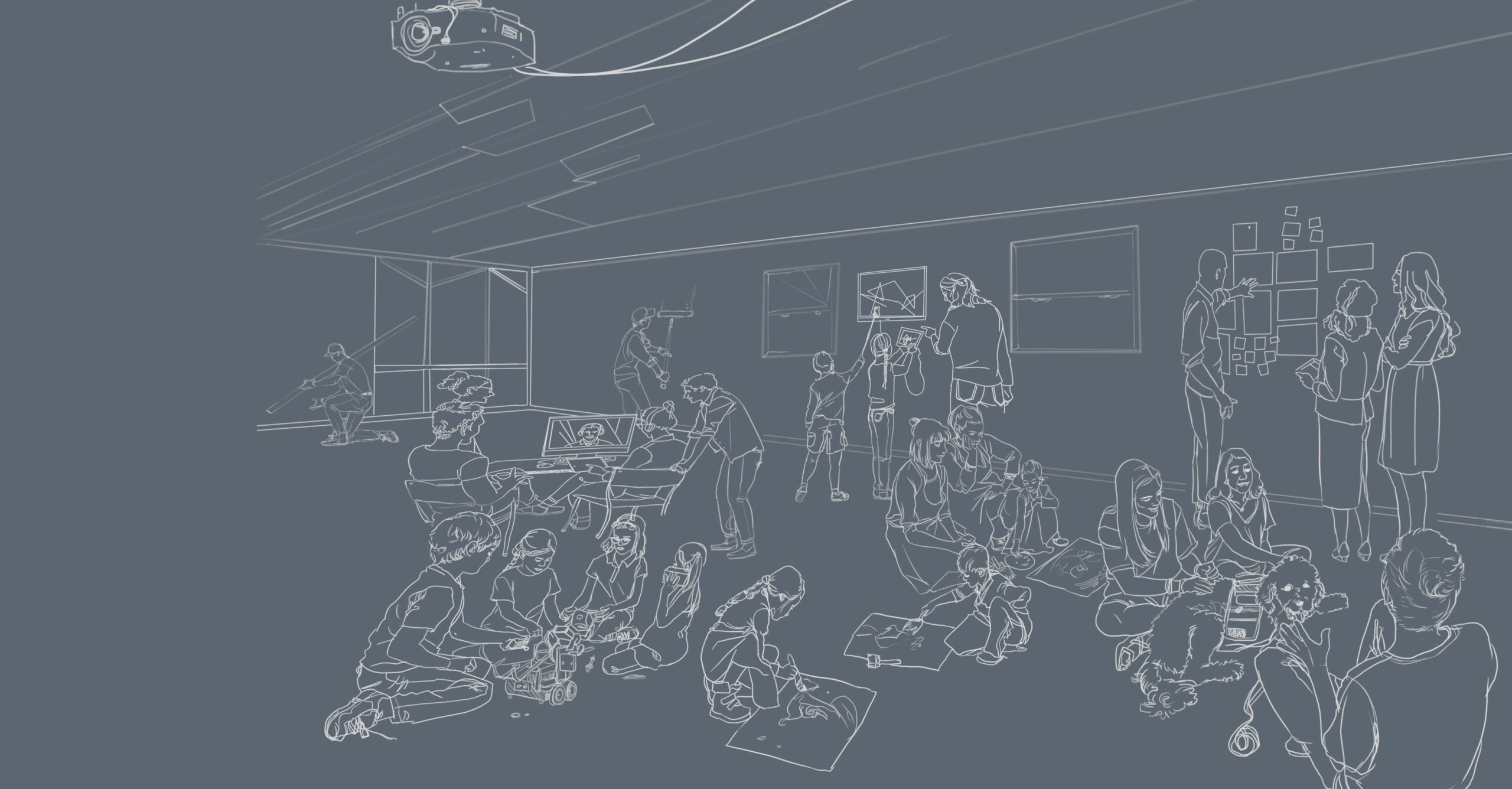School: SPARK School at Kyrene de las Manitas

Student-selected support
In an effort to shift the ownership of learning from educator to student, SPARK School at Kyrene de las Manitas has implemented a system for students to reflect on their learning and progress, identify the academic support they need and schedule time to meet with the appropriate educator(s). This resource guides educator teams through steps to implementing student-selected support.

SPARK School educators work as a team
This clip features four educators from SPARK School. In it, they describe the impact of teaming with distributed expertise on both educators and students.

SPARK School invites experts to the classroom

SPARK School implements deeper and personalized learning

SPARK School: School profile
At SPARK School at Kyrene de las Manitas, 120 students in multi-aged grade bands (third through fifth grades) work with a core team of six educators: one teacher executive designer, two certified teachers and three teacher candidates. The prototype school-within-a-school was developed during a design process collaboratively led by the Kyrene School District and ASU’s MLFC Design Initiatives. In this resource, you’ll find out how they’re implementing a Next Education Workforce model.

SPARK School: Spotlight on the schedule
At SPARK School at Kyrene de las Manitas, 120 students in multi-aged grade bands (third through fifth grades) work with a core team of six educators: one teacher executive designer, two certified teachers and three teacher candidates. The prototype school-within-a-school was developed during a design process collaboratively led by the Kyrene School District and ASU’s MLFC Design Initiatives. In this resource, you’ll explore their schedule.

SPARK School: Learning space layout
At SPARK School at Kyrene de las Manitas, 120 students in multi-aged grade bands (third through fifth grades) work with a core team of six educators: one teacher executive designer, two certified teachers and three teacher candidates. The prototype school-within-a-school was developed during a design process collaboratively led by the Kyrene School District and ASU’s MLFC Design Initiatives. In this resource, you’ll see their learning space layout.

SPARK School: COVID addendum
At SPARK School at Kyrene de las Manitas, students in multi-aged grade bands (3rd through 5th grades) work with a core team of six educators: one teacher executive designer, two certified teachers and three teacher candidates. In this resource, you’ll find out how the team at SPARK School has adapted their instructional model as a result of the COVID-19 pandemic while still prioritizing deeper and personalized learning for the students they serve.

Benefits of Teaming: Support, Complementary Strengths, and Multiple Mentors
In this clip, MLFC Resident Jordan Dick describes what she sees as the benefits of working on a team of educators with distributed expertise.

The importance of embracing vulnerability in building a healthy team culture
Here, MLFC Resident Jordan Dick describes three benefits of teaming for Teacher Candidates placed in Next Education Workforce models.

